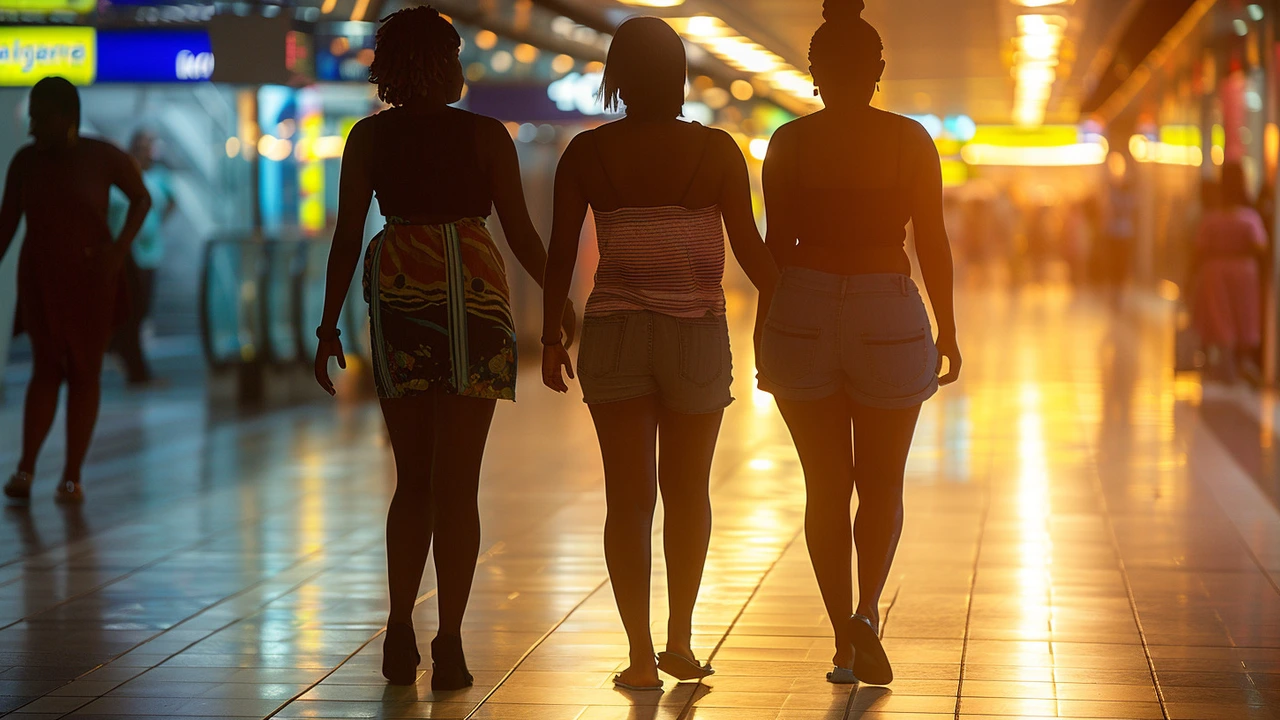Human Trafficking: How to Spot It and What to Do
Human trafficking hides in plain sight. It can look like forced labour, sexual exploitation, or people moved across borders under false promises. Estimates show this affects tens of millions worldwide, including many communities across Africa. Knowing clear signs and quick actions can save lives.
How to spot the signs
Look for sudden changes in behaviour. Victims may seem scared, avoid eye contact, or act like someone else speaks for them. Watch for physical signs: untreated injuries, poor living conditions, or visible signs of control like bruises or scars.
Notice work patterns. Excessive hours, no breaks, very low or no pay, or restrictions on movement are red flags. If a person lives at their workplace or is guarded, that’s serious. Also be alert to travel and documentation issues: if someone’s passport is held by another person or they don’t have access to ID, they may be trapped.
Online recruitment can be a route. Job offers that require upfront fees, promises of high pay without an interview, or secretive arrangements should raise alarm. Young people groomed online may rapidly change social circles or hide messages and contacts.
What to do and who to contact
If someone is in immediate danger, call emergency services right away. Don’t try to rescue them alone; traffickers can be armed or violent. Keep your distance and note details that help responders: location, number of people involved, vehicle description, and any threats made.
If the situation isn’t urgent, contact your country’s national trafficking hotline or local police. Many African countries have anti-trafficking units or NGOs that offer safe shelter and legal help. International groups like the International Organization for Migration (IOM) and UNODC also provide guidance and support in many countries.
Collect evidence safely: record dates, times, photos, screenshots, and names when possible. Don’t put yourself or the potential victim at risk to gather proof. If you report online, use secure channels and avoid public posts that could expose the victim.
Prevention matters. Verify job offers and recruitment agencies. Never pay for a job or pay large fees to secure travel documents. Check contracts carefully and keep copies. If someone plans to travel for work, register their trip with their embassy when possible and share travel details with family.
You can help beyond reporting. Support vetted local NGOs, volunteer with shelters, and push for stronger local laws and enforcement. Share verified information, not rumours. If you’re a journalist or community leader, highlight survivor voices and services available rather than sensational details.
If you suspect trafficking now, act. Save contact details for your national hotline and local organisations, alert authorities, and keep safety first. Small actions from neighbours, friends, and co-workers often make the difference between staying trapped and getting help.
Prostitution Ring Bust in Ghana: Alleged Kingpin Arrested and Nigerian Victims Rescued
By Sfiso Masuku On 12 Jun, 2024 Comments (6)

In a significant breakthrough, Ghanaian authorities have arrested an alleged kingpin at the center of a human trafficking operation. Numerous Nigerian girls, forced into prostitution, have been rescued and taken into the custody of the Nigerian Commission in Ghana. The development marks a major stride in the ongoing battle against human trafficking in Ghana.
View More




